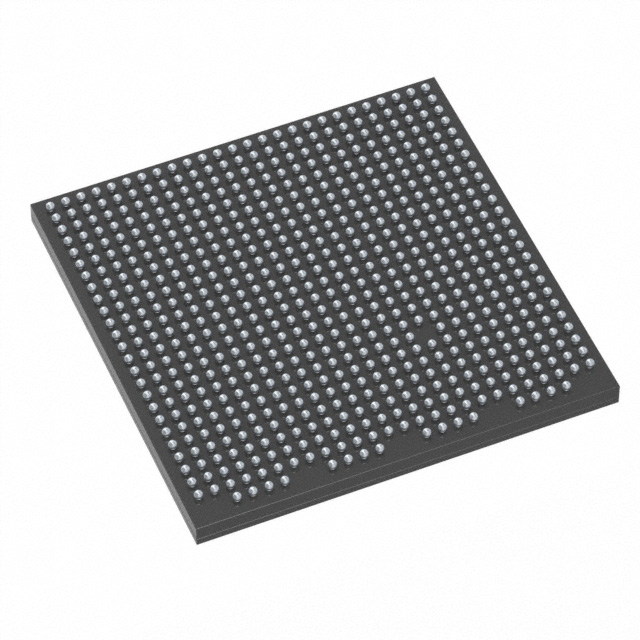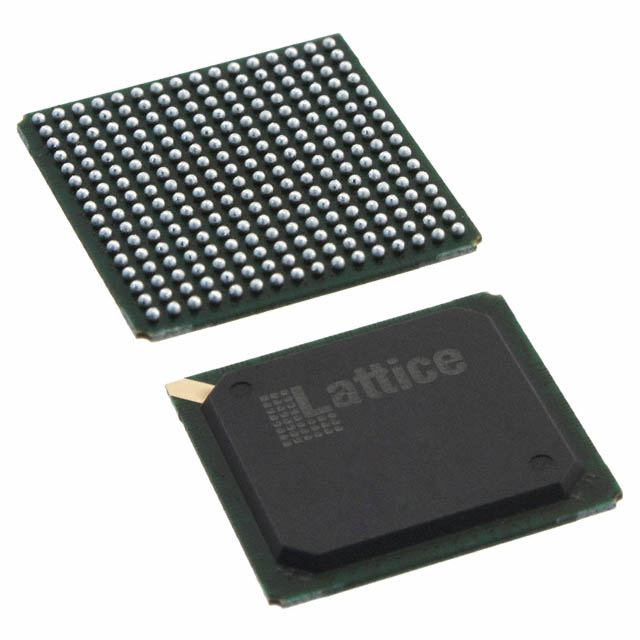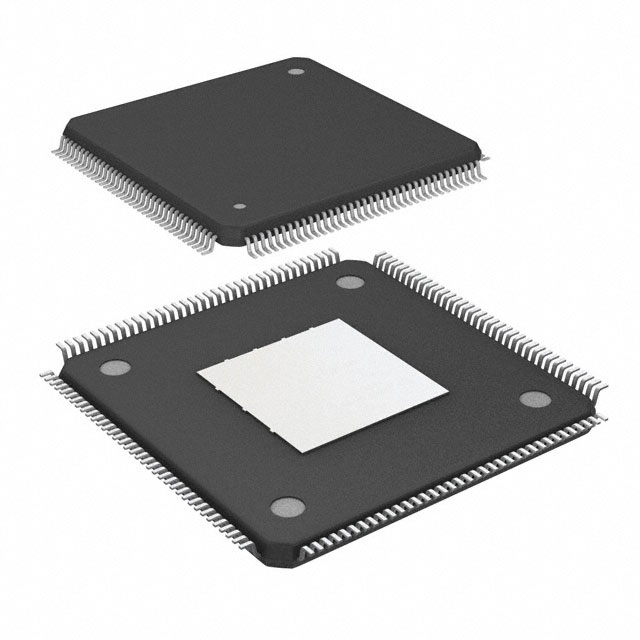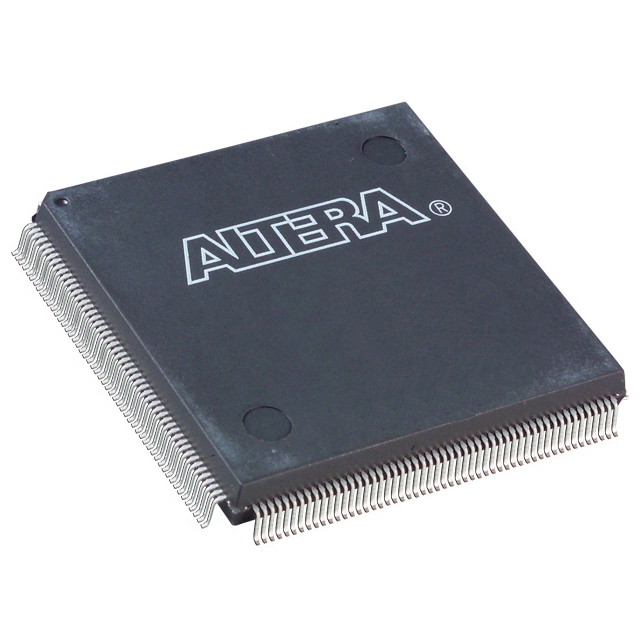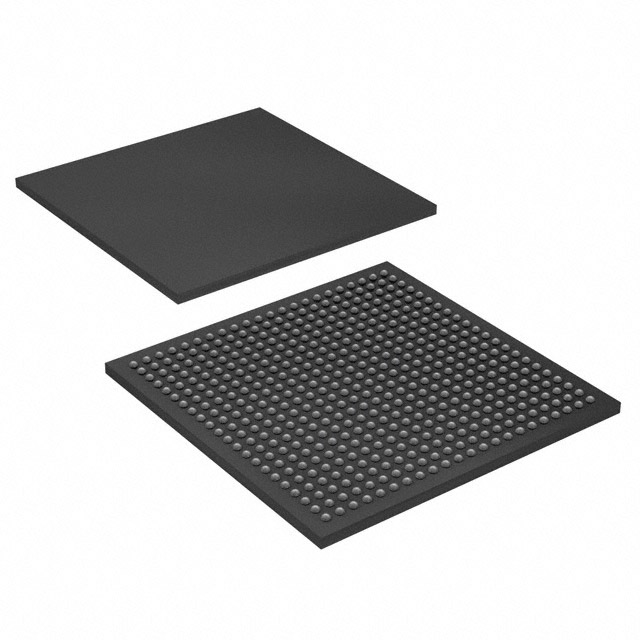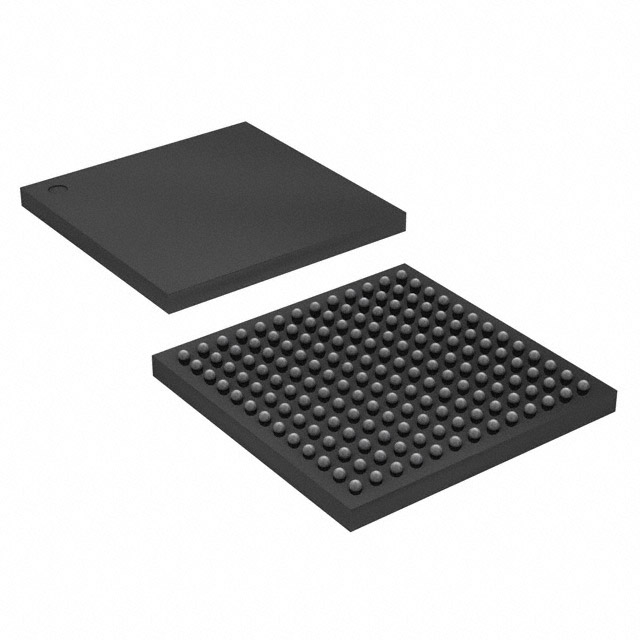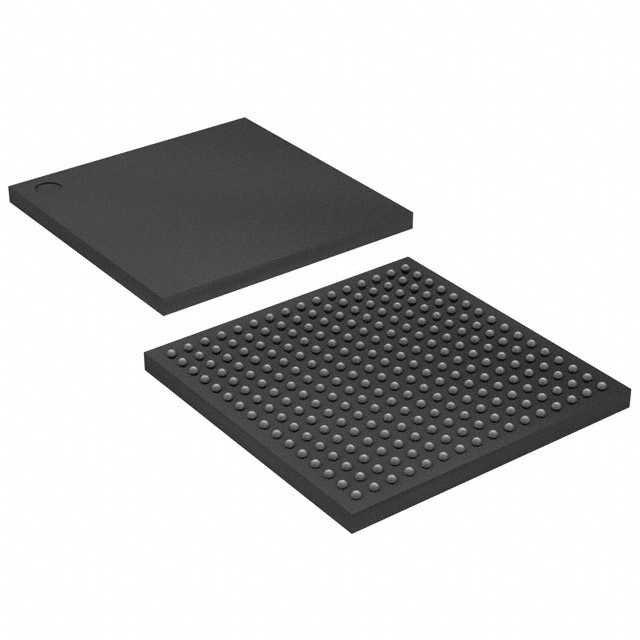In Stock : 0
Please send RFQ , we will respond immediately.









XC5VLX50T-2FFG665I Specifications
-
TypeParameter
-
Supplier Device Package665-FCBGA (27x27)
-
Package / Case665-BBGA, FCBGA
-
Operating Temperature-40°C ~ 100°C (TJ)
-
Mounting TypeSurface Mount
-
Voltage - Supply0.95V ~ 1.05V
-
Number of I/O360
-
Total RAM Bits2211840
-
Number of Logic Elements/Cells46080
-
Number of LABs/CLBs3600
-
DigiKey ProgrammableNot Verified
-
PackagingTray
-
Product StatusActive
-
SeriesVirtex®-5 LXT
The XC5VLX50T-2FFG665I is a specific model of the Virtex-5 family of Field-Programmable Gate Array (FPGA) integrated circuit chips developed by Xilinx. Here are some advantages and application scenarios of this particular chip:Advantages: 1. High-performance FPGA: The Virtex-5 family of FPGAs, including the XC5VLX50T-2FFG665I, offers high-performance capabilities with a large number of logic cells, high-speed I/Os, and advanced features like embedded memory blocks and DSP slices. 2. Flexible and reprogrammable: FPGAs are programmable devices that can be reconfigured to perform different functions, making them highly flexible for various applications. 3. Customizable hardware acceleration: FPGAs can be used to accelerate specific algorithms or computations by implementing them in hardware, providing significant performance improvements compared to software-based solutions. 4. Parallel processing capabilities: FPGAs can perform multiple tasks in parallel, making them suitable for applications that require high-speed data processing or real-time operations. 5. Low power consumption: The Virtex-5 family incorporates power-saving features, allowing for efficient operation and reduced power consumption.Application scenarios: 1. Digital signal processing (DSP): The XC5VLX50T-2FFG665I can be used in applications that require high-speed signal processing, such as audio and video processing, telecommunications, radar systems, and software-defined radio. 2. High-performance computing: FPGAs can be utilized in high-performance computing applications, including scientific simulations, data analytics, and machine learning, to accelerate computationally intensive tasks. 3. Aerospace and defense: FPGAs are commonly used in aerospace and defense applications, such as radar systems, avionics, satellite communication, and electronic warfare, due to their high performance, reconfigurability, and reliability. 4. Industrial automation: FPGAs can be employed in industrial automation systems for tasks like real-time control, motor control, robotics, and machine vision, where high-speed processing and customization are required. 5. Networking and telecommunications: FPGAs are used in networking equipment, such as routers, switches, and network security appliances, to handle high-speed data processing, packet forwarding, and encryption/decryption tasks.It's important to note that the specific application scenarios may vary depending on the requirements and design choices made by the system designer.






